MEET PLATO, THE GREATEST PHILOSOPHER OF ANCIENT GREECE WHO ESTABLISHED THE FIRST EVER UNIVERSITY ON EARTH.
Plato, one the most respected philosopher of old Greece, he was born in Athens by Ariston and Perictione in around 428 B.C.E., ancient Greek philosopher Plato was a student of Socrates and a teacher of Aristotle.
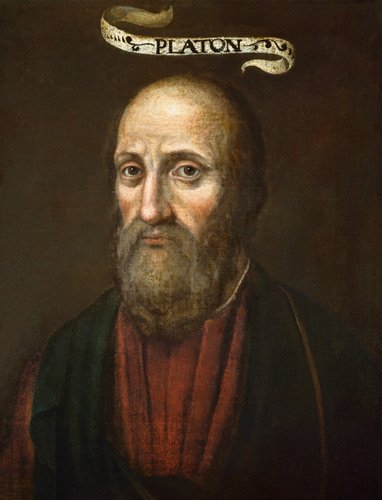
His writings investigated equity, magnificence and balance and furthermore contained exchanges in feel, political philosophy, religious philosophy, cosmology, epistemology and the theory of dialect. Plato established the Academy in Athens, one of the first institution of higher learning in the Western world.
Plato's father died when he was still young and his mom remarried Pyrilampes, a Greek government official and represetative to Persia. Plato is accepted to have had two full siblings, one sister and a stepbrother, however it isn't sure where he falls in the birth arrange. Frequently, individuals from Plato's family showed up in his dialogues. Students of history trust this in a prove that Plato's had pride in his family genealogy.
The Academy he established was by a few records the world's first university and in it he prepared his most prominent students including the influential philosopher called Aristotle. Plato's repeating interest was the qualification between perfect structures and regular experience, and how it played out both for people and for social orders. In the "Republic," his most well known work, he imagined a progress administered not by modest cravings but rather by the unadulterated knowledge of a great philosopher.
His parents, Ariston and Perictione, were from the first class society in Athens and ensured their kids got the best education conceivable. Plato respected Socrates and chose it was to his greatest advantage to buy in to the Socratic Method of training, in which students must arrive with their own decisions in light of making testing inquiries rather than simply scattering data through lectures. At the end of the day, he thought the most ideal approach to learn was to build up the art of basic reasoning.
The Peloponnesian War amongst Athens and Sparta incidentally halted Plato's education as he was relied upon to serve in the military. At the point when Athens was vanquished, the Spartans supplanted the Athenian government with a theocracy that prevailed with regards to suspending the privileges of Athenian nationals. After democracy government had been reestablished, Plato contemplated venturing into politics, however when Socrates was executed by poisoning in 399 BC for corrupting the students of Athens, Plato disposed of his first thought of becoming a politician and devoted his life to philosophy. Despite the fact that Socrates had left no form of writing, Plato and his other students had recorded a portion of his theories and teachings to preserve them for what's to come.
For a long time, Plato ventured to every part of the known world, examining science, stargazing, and the cosmetics of various social orders and their political and religious convictions. He built up an Academy in 385 BC, a school that taught this curriculum and furthermore included science, philosophy and political theory. It is one of the greatest philosophical schools of days of yore.
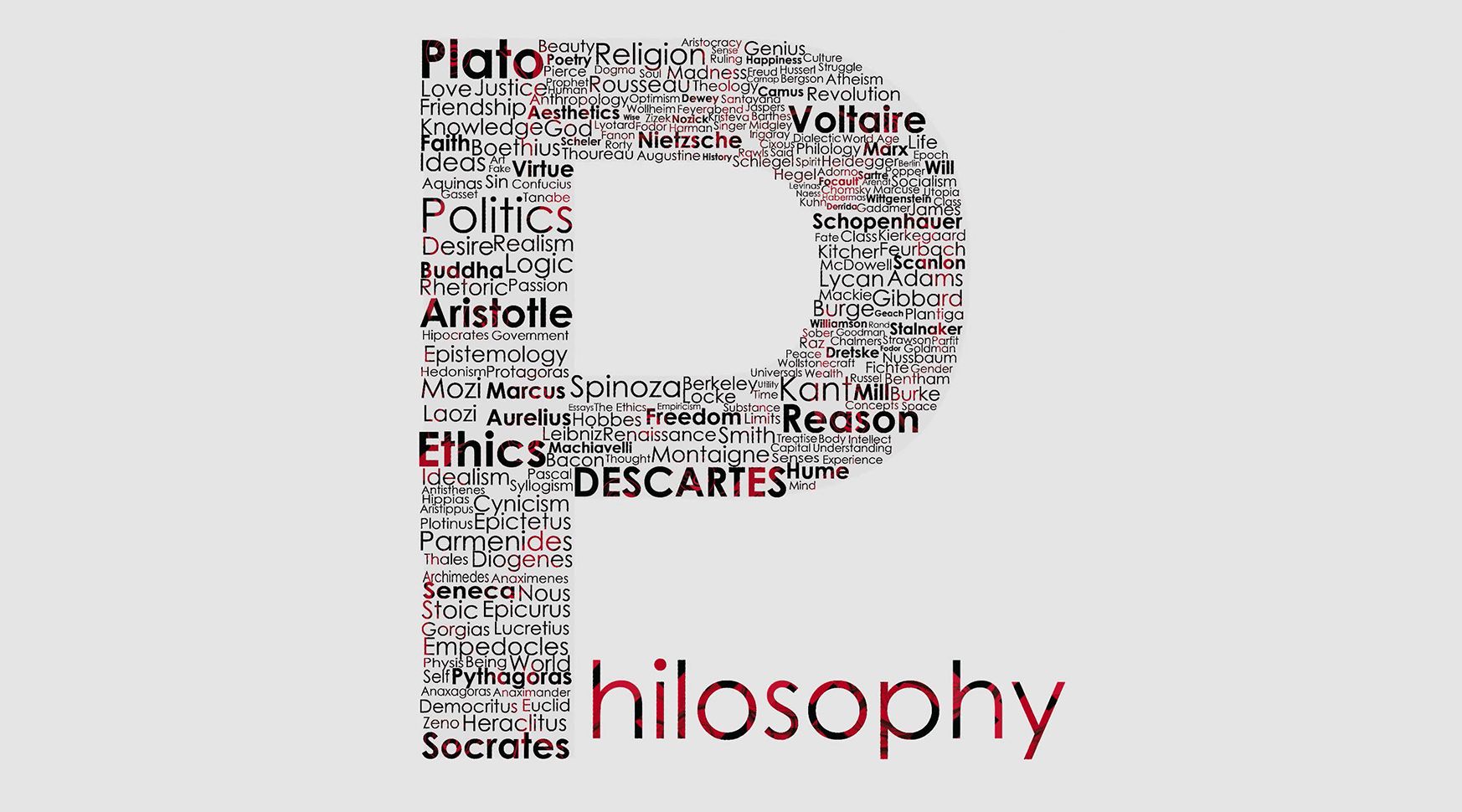
The Academy was shut down in 529 AD by the Roman head Justinian I, after the ascent of Christianity since he felt the school represented pagan beliefs.
Plato composed a few discoursed, which are currently displayed as books. In Meno and Phaedo, Plato talks about his hypothesis that individuals have past lives. He trusted that information gained amid these lives takes after on to the following life, and is re-experienced by education got in the new life.
Plato regularly utilized his previous teacher Socrates as his main character in Meno. Meno gets some information about the conundrum of learning, how one would look for particular information in the event that one doesn't realize what to scan for. Furthermore, if discovered, how is it perceived? On the off chance that the information is known, for what reason would one have to seek? In this way, there is no motivation to seek knowledge.
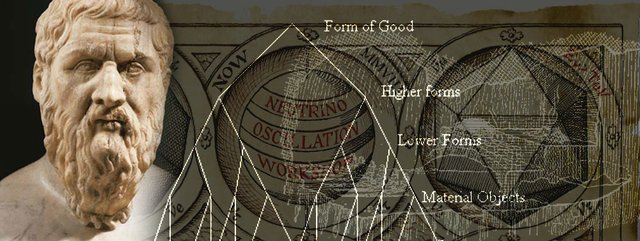
Accordingly, Socrates clarifies his hypothesis of anamnesis, which comprises of the possibility that a spirit always resurrects or repurposed and conveys the knowledge it has gained in every life all through time. The psychological trauma of birth shields people from recollecting the conveyed information until the point when they can recover it by method for education.
When he doubts a boy about geometry and is given an off base answer, Socrates helps the boy to arrive at the right answers by making inquiries. As indicated by Plato, the boy couldn't have figured the appropriate response unless he definitely knew it; the inquiries just helped the boy recall.
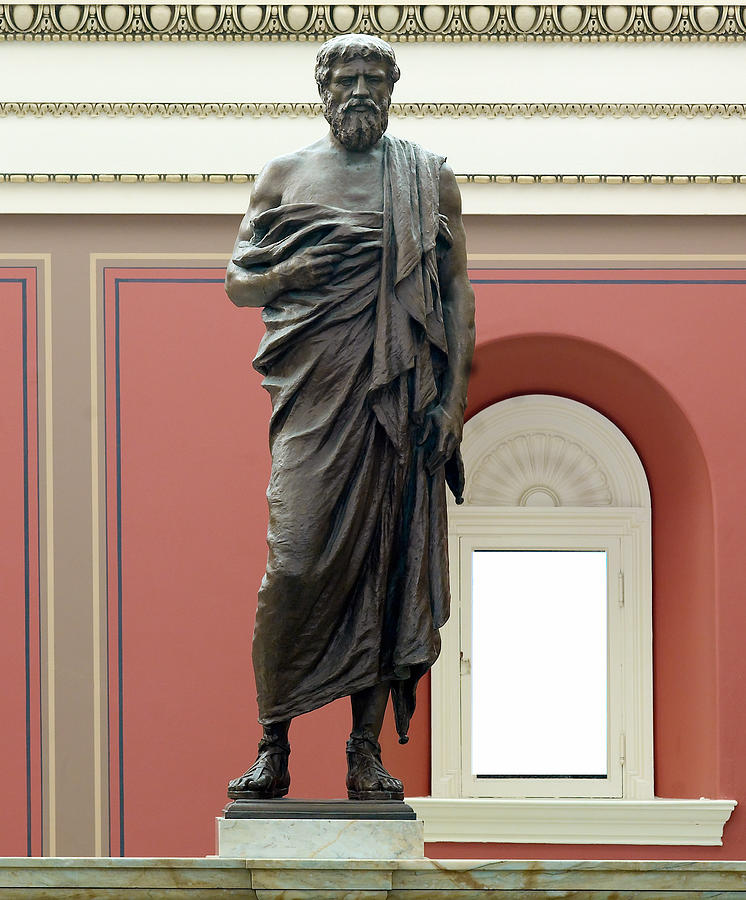
In Phaedo, Plato additionally addresses the hypothesis of anamnesis by empowering an example of life utilizing purge or purification. Utilizing the faculties of the body does not present reality, but rather thinking, utilizing the impulses of the spirit will draw out the overlooked learning. He likewise talks about the distinction between genuine information and conviction. Just evident learning is conveyed with the spirit, however conviction isn't information.
Plato's theory influenced education for a large number of years. His essential theories and propensity to pressure arithmetic have prompted the capacity to understand life and science all in all. It was his expectation that future ages would utilize motivation to help even out the populace and help to build up a genuine democracy. Plato is still today generally viewed as the most vital figure in the development of philosophy.
Plato's importance to today's education can be seen at various levels. Initially, he accepted, and illustrated, that educator must have a profound tend to the prosperity and eventual fate of those they work with. Education is an ethical venture and it is the obligation of teachers to scan for truth and virtue and in this manner direct those they have a duty to educate. Also a teacher must know his or her subject, but as a philosopher, he or she should have it in mind that the students have limits to their knowledge and that is where dialogue come in. The education should also know that knowledge does not coming from teaching rather it comes from constant questioning.
Image source: One, Two, Three, Four
REFERENCES

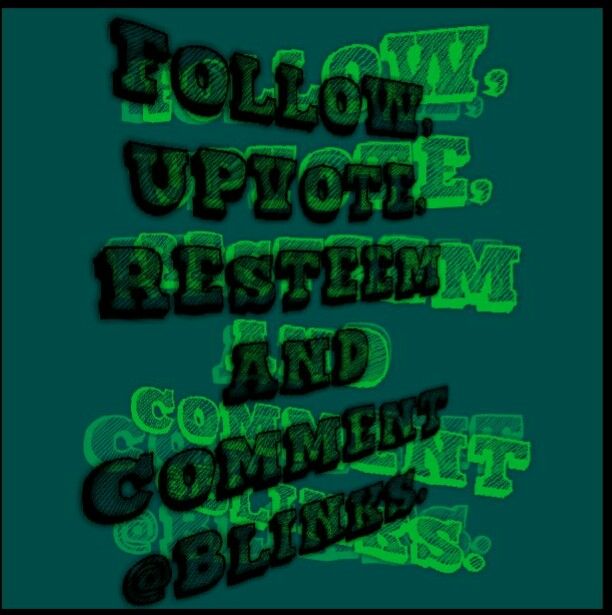
You got a 14.29% Upvote and Resteem from @ebargains, as well as upvotes from our curation trail followers!
If you are looking to earn a passive no hassle return on your Steem Power, delegate your SP to @ebargains by clicking on one of the ready to delegate links:
50SP | 100SP | 250SP | 500SP | 1000SP | 5000SP | Custom Amount
You will earn 80% of the voting service's earnings based on your delegated SP's prorated share of the service's SP pool daily! That is up to 38.5% APR! You can also undelegate at anytime.
We are also a very profitable curation trail leader on https://steemauto.com/. Follow @ebargains today and earn more on curation rewards!
I like that you put references, etc. I'd like to see more of that out there. :)
I am very glad you like my post and also thanks for visiting my blog.
The best philosopher ever. we can feel his affect until now. His idea are composed in form of dialogue.
I do love studying philosophy, specially Platon.
Wow..... Great contribution my friend, I like your lines of contribution. You have said it all.. He is truly the greatest philosopher that has ever lived.. Thanks for stopping by my blog.
Okay friend @blinks. I wait for your others philosophy writing. Regards @singingland
Awesome post!! Keep it up and check out THIS POST as well as I have something similar.
You got a 1.20% upvote from @postpromoter courtesy of @blinks!
Want to promote your posts too? Check out the Steem Bot Tracker website for more info. If you would like to support the development of @postpromoter and the bot tracker please vote for @yabapmatt for witness!
Congratulations! This post has been upvoted from the communal account, @minnowsupport, by blinks from the Minnow Support Project. It's a witness project run by aggroed, ausbitbank, teamsteem, theprophet0, someguy123, neoxian, followbtcnews, and netuoso. The goal is to help Steemit grow by supporting Minnows. Please find us at the Peace, Abundance, and Liberty Network (PALnet) Discord Channel. It's a completely public and open space to all members of the Steemit community who voluntarily choose to be there.
If you would like to delegate to the Minnow Support Project you can do so by clicking on the following links: 50SP, 100SP, 250SP, 500SP, 1000SP, 5000SP.
Be sure to leave at least 50SP undelegated on your account.